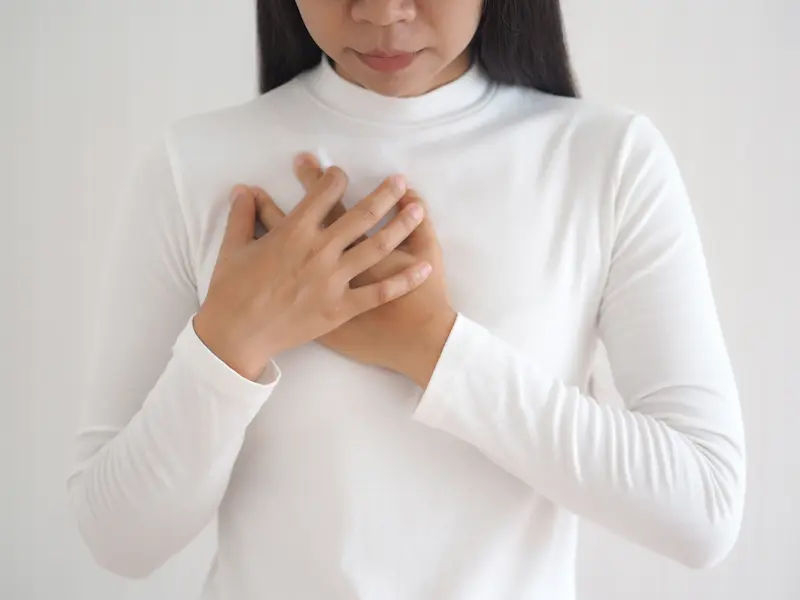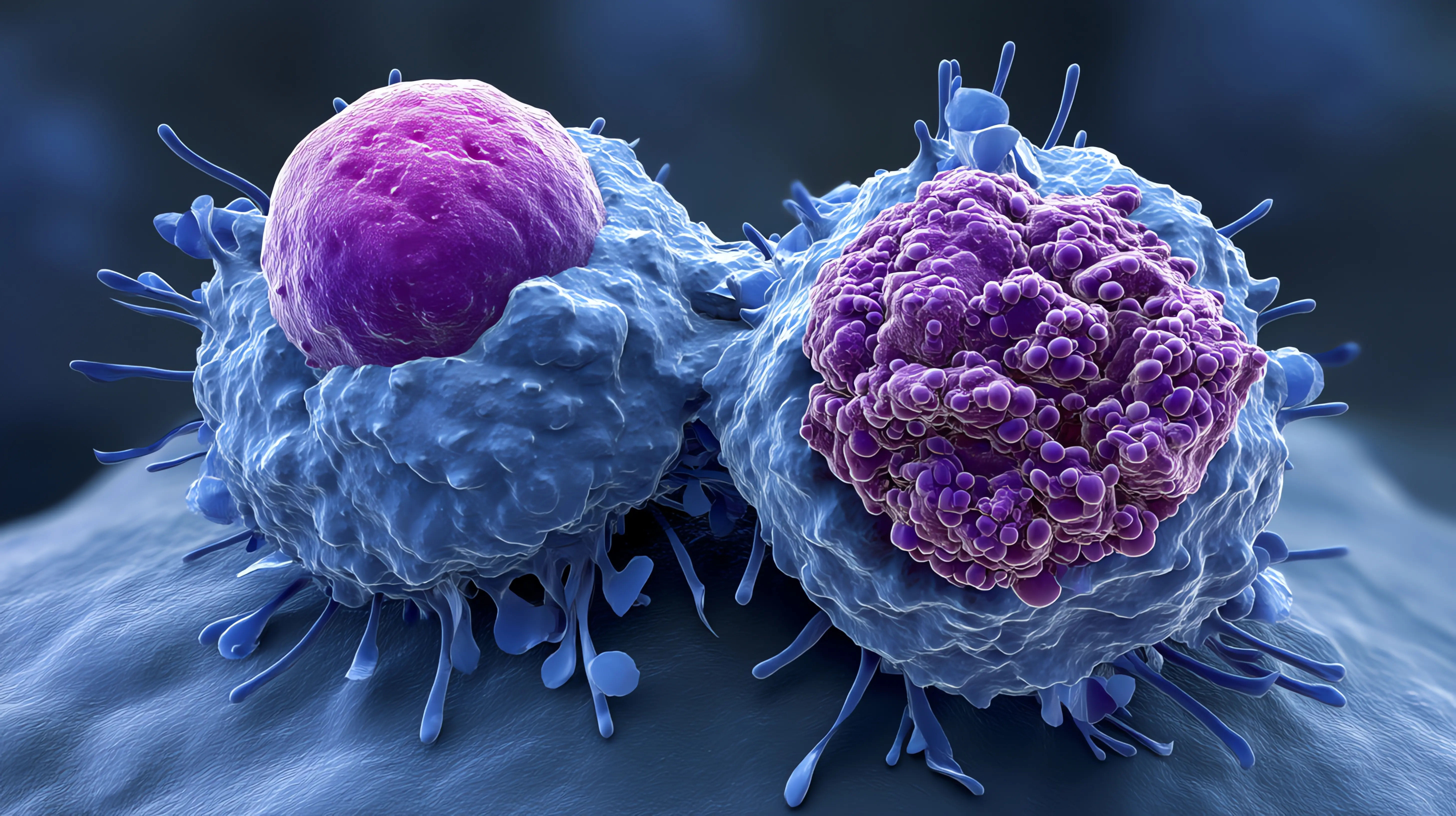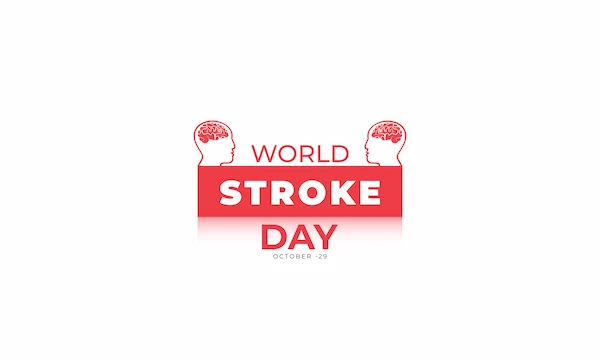- Female
- 23 Years
- 22/01/2025
I'm experiencing chest pain every morning, and it goes away when I lie down. I can breathe just fine, but it feels like there's something in my chest. What could be causing this?
More Cardiology Health Queries
View allI'm curious about what's happening with my heart. Sometimes my ECG shows these non-specific ST changes, and while my echo was normal, I'm still worried. I often feel chest discomfort and pains in my left arm. Is there something specific these ST changes could indicate, even though my ECG and echo seem alright? Could something be missed?
Non-specific ST changes on an ECG can be caused by various factors, including electrolyte imbalances, medications, anxiety, or even normal variation. Since your echocardiogram was normal, it is less likely to be related to a structural heart problem. However, given your symptoms of chest discomfort and left arm pains, it is important to continue monitoring and investigating further. To address your symptoms, you can try taking a medication like aspirin for chest discomfort (75-325mg once daily) and acetaminophen for pain relief in your left arm (500-1000mg every 4-6 hours as needed). Additionally, you may benefit from a medication like ranitidine for acid reflux if present (150mg twice daily). It is important to follow up with your healthcare provider for further evaluation and management of your symptoms.
Answered by 1 Apollo Doctors
I'm really concerned after getting a report that mentions having a borderline with a short PR interval. Is this something that I should be worried about? What steps should I take next?
A borderline short PR interval may indicate a potential conduction abnormality in the heart. It is important to further evaluate this finding. The next steps would typically involve a thorough medical history, physical examination, and additional tests such as an ECG, echocardiogram, and possibly a Holter monitor to monitor heart rhythm over a period of time. In terms of medication, if necessary, a doctor may prescribe medications such as Beta-blockers like Metoprolol to help regulate the heart rate and rhythm. However, the specific treatment plan would depend on the underlying cause of the short PR interval and should be determined by a healthcare professional after a comprehensive evaluation.
Answered by 1 Apollo Doctors
I'm feeling really anxious about some things I've noticed. My recent ECG showed some non-specific T wave changes, and I'm not sure what that means. On top of that, I've been dealing with chronic pain in my left arm and I've also been experiencing tachycardia. Should I be worried about these symptoms together? Any advice or insights would be really helpful.
Non-specific T wave changes on an ECG can have various causes, including cardiac issues, electrolyte imbalances, or even be a normal variant. Given your symptoms of chronic left arm pain and tachycardia, it is important to further evaluate the underlying cause. In this case, you may benefit from a thorough cardiac evaluation and possibly a medication like Aspirin for heart protection, along with a beta-blocker like Metoprolol to help control your heart rate. Additionally, addressing any underlying issues such as high blood pressure or cholesterol levels may also be necessary. It is important to follow up with your healthcare provider for further assessment and management.
Answered by 1 Apollo Doctors
Disclaimer: Answers on Apollo 247 are not intended to replace your doctor advice. Always seek help of a professional doctor in case of an medical emergency or ailment.






